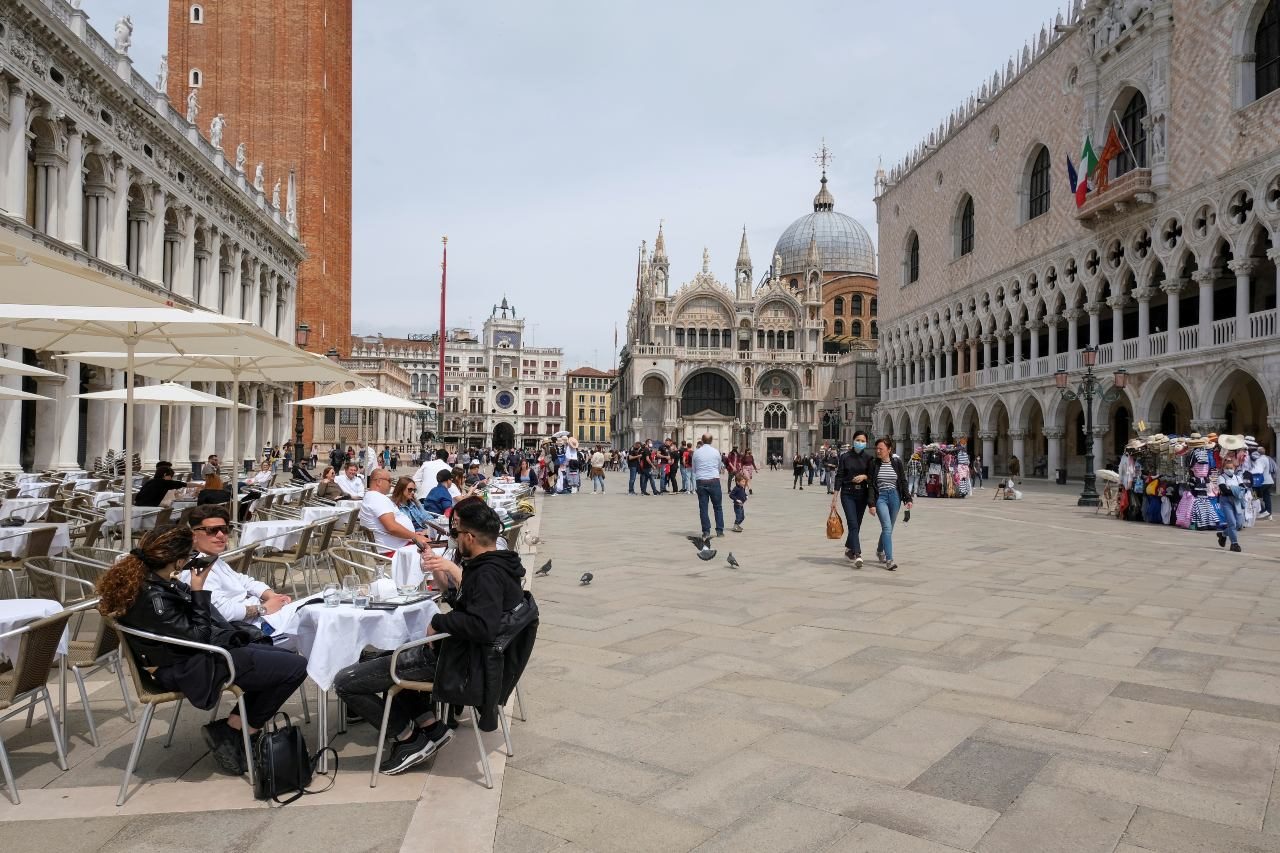SUMMARY
This is AI generated summarization, which may have errors. For context, always refer to the full article.

European Union countries agreed on Wednesday, May 19, to ease COVID-19 travel restrictions on non-EU visitors ahead of the summer tourist season, two EU sources said.
Ambassadors from the 27 EU countries approved a European Commission proposal from May 3 to loosen the criteria to determine “safe” countries and to let in fully vaccinated tourists from elsewhere.
They are expected to set a new list this week or early next week. Based on data from the European Centre for Disease Control and Prevention, Britain and a number of other countries would meet the new criteria.
The United States would not, although vaccinated Americans would be welcome in Europe.
One EU diplomat said cases of the Indian variant in Britain would need to be taken into account, although individual EU countries are already setting their own policies. Portugal lifted a four-month travel ban on British tourists on Monday, May 17.
Under current restrictions, people from only seven countries, including Australia, Israel and Singapore, can enter the EU on holiday, regardless of whether they have been vaccinated.
The current main criterion is that there should be no more than 25 new COVID-19 cases per 100,000 people in the previous 14 days. The trend should be stable or decreasing and there should be a sufficient number of tests, which would need to show a minimum percentage of negative tests. Variants of concern can be taken into account.
The Commission proposed raising the case rate to 100. The EU ambassadors opted instead for 75. For inoculated people to gain access, they would need to have received an EU-approved vaccine, with those with a World Health Organization emergency listing will be considered.
An emergency brake would be used to limit the risk of variants entering the bloc. – Rappler.com
Add a comment
How does this make you feel?





There are no comments yet. Add your comment to start the conversation.